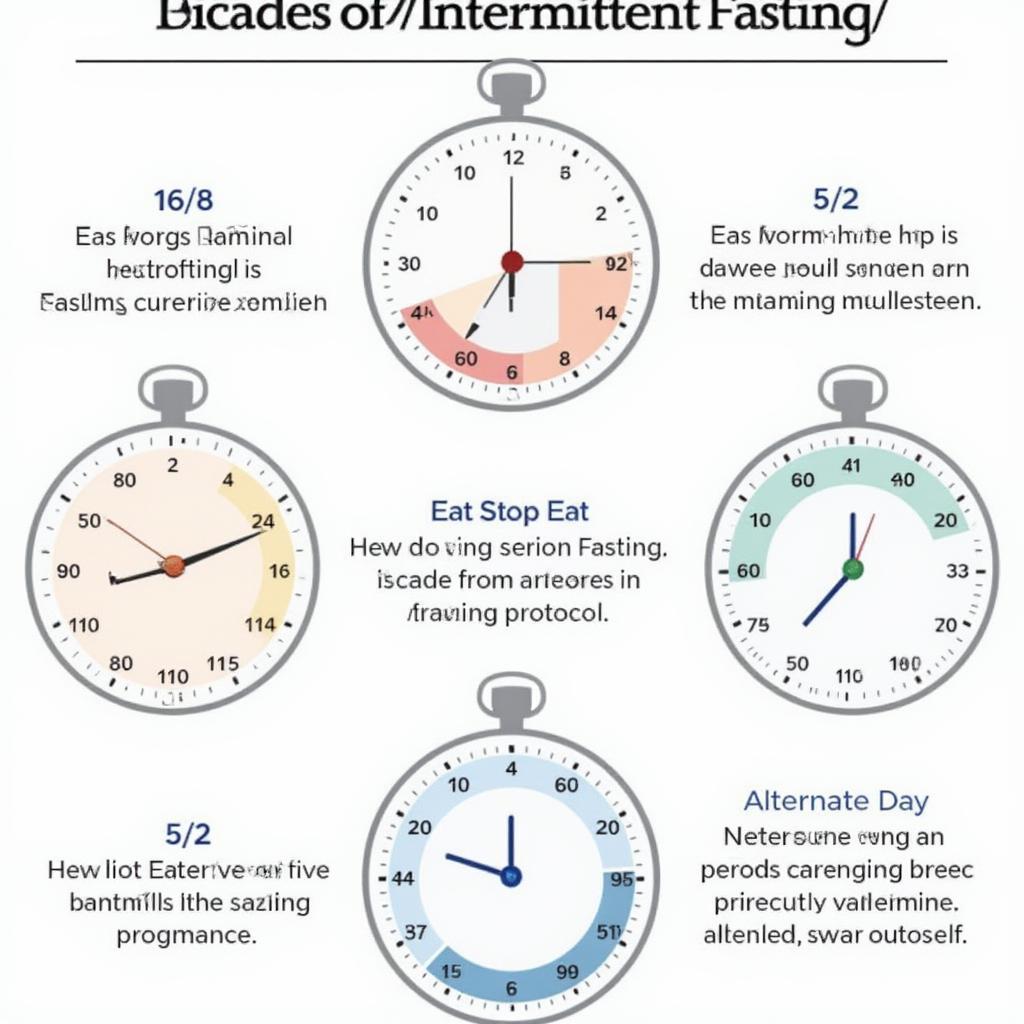How to Lose 20 lbs in 3 Weeks: Is It Safe and Effective?

Losing 20 pounds in just three weeks is a goal many dream of, but is it realistic and, more importantly, is it safe? The internet is filled with promises of rapid weight loss, and it can be difficult to separate fact from fiction. This article will delve into the truth about losing 20 lbs in 3 weeks, exploring the methods, risks, and sustainable alternatives for a healthier you.
The lure of rapid weight loss is understandable. Perhaps you have an event coming up, or maybe you’re just tired of feeling unhealthy. But drastic weight loss measures often lead to disappointment and can even be dangerous. So, let’s examine what it really takes to shed 20 lbs in such a short time frame.
Understanding the Basics of Weight Loss
Before we dive into the specifics of a 20-pound weight loss in 3 weeks, it’s vital to grasp the fundamentals of how weight loss works. Essentially, weight loss occurs when you consistently burn more calories than you consume. This can be achieved through a combination of diet and exercise. A pound of fat is roughly equivalent to 3,500 calories. This means that to lose 20 pounds, you need to create a deficit of 70,000 calories over a 3-week period (21 days). That’s about 3,333 calories daily.
But losing this amount of weight in such a short period is not usually advisable. Rapid weight loss often leads to muscle loss along with fat, metabolic slowdown, and other health issues.
Is Rapid Weight Loss Safe?
The primary concern with rapid weight loss is its potential impact on your health. Losing weight too quickly can lead to several issues:
- Nutrient deficiencies: Drastic calorie restriction can result in insufficient intake of essential vitamins and minerals.
- Muscle loss: When you drastically cut calories, your body may break down muscle tissue for energy, leading to a decrease in strength and metabolism.
- Gallstones: Rapid weight loss can increase the risk of gallstones, particularly if you have a predisposition.
- Dehydration: Certain weight loss methods may lead to dehydration, which can have serious consequences.
- Electrolyte imbalances: Losing a lot of weight fast may lead to imbalances in essential electrolytes, such as sodium and potassium, which can be dangerous.
- Metabolic slowdown: Your body may adapt to the reduced calorie intake by slowing down your metabolism, making it harder to lose weight in the long run.
- The yo-yo effect: Most rapid weight loss methods are not sustainable, and many people gain the weight back, often even more than they initially lost, leading to a cycle of weight loss and gain.
As Dr. Emily Carter, a leading nutritionist, points out, “Sustainable weight loss is a marathon, not a sprint. Focus on small, consistent changes that lead to long-term health rather than drastic, short-term measures.”
How to Approach Weight Loss Realistically
While losing 20 pounds in three weeks is likely not a healthy goal, you can focus on healthy and sustainable weight loss. What does that look like? Here are the key components:
- Set Realistic Goals: Aim for a more manageable rate of weight loss, generally considered to be 1-2 pounds per week, depending on your starting weight and health status.
- Calorie Deficit: Reduce your calorie intake by 500-750 calories per day while making sure you are still getting the required nutrients. Track your food intake using a food journal or a reliable app.
- Balanced Diet: Focus on eating whole, unprocessed foods. Include plenty of fruits, vegetables, lean proteins, and whole grains. Reduce your intake of processed foods, sugary drinks, and unhealthy fats.
- Regular Exercise: Aim for at least 150 minutes of moderate-intensity exercise or 75 minutes of vigorous-intensity exercise each week. Include strength training exercises to preserve muscle mass.
- Hydration: Drink plenty of water throughout the day to stay hydrated and support metabolic processes.
- Adequate Sleep: Aim for 7-9 hours of sleep per night, as poor sleep can disrupt hormones that regulate appetite and metabolism.
- Stress Management: Practice stress-reducing activities like yoga, meditation, or deep breathing exercises. Chronic stress can affect weight loss efforts.
Remember that losing weight is not a one-size-fits-all journey. Everyone’s body responds differently to different methods, and you need to find what works best for you. You can also check out more resources on is it normal to lose weight while pregnant if you are considering pregnancy while on a weight loss journey.
Strategies to Support Sustainable Weight Loss
Beyond the basic principles of a balanced diet and regular exercise, there are other strategies that can help you achieve sustainable weight loss:
- Mindful Eating: Pay attention to your hunger and fullness cues. Eat slowly and savor each bite.
- Portion Control: Use smaller plates and bowls to help control portion sizes.
- Meal Planning: Plan your meals in advance to avoid unhealthy impulsive choices.
- Limit Eating Out: Reduce your intake of restaurant meals, which are often higher in calories, fat, and sodium.
- Find a Support System: Share your journey with family and friends, or join a support group for extra motivation.
As wellness coach David Miller advises, “Focus on progress, not perfection. It’s okay to have occasional slip-ups. What matters most is that you keep moving forward towards your goals.”
Can You Safely Lose Any Significant Weight in 3 Weeks?
Even if a 20-pound loss is not advisable, it’s important to understand if any significant weight loss is feasible in 3 weeks. If you are overweight, a more aggressive calorie reduction and increase in exercise may allow you to lose more than 2 pounds per week, particularly in the beginning. The caveat, however, is ensuring you’re not starving yourself, and that you are getting sufficient nutrients. It’s important to consult with your doctor or a registered dietitian to determine an appropriate plan for you. They can provide personalized recommendations based on your individual health needs. There are also considerations for pregnant individuals, and you can check out more about losing weight while pregnant 2nd trimester if applicable.
A More Realistic Approach
Instead of focusing on losing 20 pounds in 3 weeks, focus on building healthier habits that will support a healthier lifestyle. This might include:
- Focusing on Non-Scale Victories: Don’t just look at the number on the scale. Focus on improvements in your energy levels, fitness, sleep, and mood.
- Changing Your Mindset: Start to see weight loss as a journey toward better health and well-being, not just a goal to be achieved.
- Being Kind to Yourself: Treat yourself with the same kindness and compassion you would offer a friend. Be patient and celebrate your progress, no matter how small.

Debunking Common Myths about Rapid Weight Loss
There are many myths surrounding rapid weight loss, and it’s essential to separate fact from fiction. Here are some common misconceptions:
- Myth 1: Rapid Weight Loss is Sustainable: Rapid weight loss methods are rarely sustainable, and people often regain the weight they lost quickly.
- Myth 2: Calorie Restriction Is All You Need: While calorie deficit is necessary, focusing solely on calorie restriction while neglecting other aspects of health such as exercise and stress management can be counterproductive.
- Myth 3: All Weight Loss is Good Weight Loss: Losing weight in an unhealthy way can lead to loss of muscle mass, which is detrimental to long-term health.
- Myth 4: Cutting Out Food Groups is the Best Way: A well-rounded diet that includes all food groups is essential for overall health and wellness. Cutting out entire food groups can lead to nutrient deficiencies.
- Myth 5: One Diet Works for Everyone: Weight loss methods have varying effects on individuals. It’s essential to find what works for you, rather than following a fad diet.
Final Thoughts on Losing Weight Quickly
Losing 20 lbs in 3 weeks is a difficult and often unsafe goal. While it might be tempting to opt for drastic weight loss measures, a more sustainable and healthy approach is always recommended. This should include a balanced diet, regular exercise, adequate sleep, stress management, and realistic goal setting. Remember, weight loss is a journey, not a destination. Focus on building healthy habits and making consistent progress, and you will see results that last. If you are interested in how pregnancy can affect weight management, reading about why am i losing weight while pregnant can offer additional insight. Ultimately, what you truly desire is to feel healthy and happy in your body and that can be achieved in a much safer way.
FAQ on Rapid Weight Loss
Here are some frequently asked questions related to rapid weight loss and weight management:
- Is it possible to Lose 20 Lbs In 3 Weeks? While theoretically possible, losing 20 lbs in 3 weeks is generally not considered safe or sustainable.
- What are the dangers of rapid weight loss? Dangers of rapid weight loss include nutrient deficiencies, muscle loss, gallstones, dehydration, electrolyte imbalances, metabolic slowdown, and the yo-yo effect.
- How many pounds per week is considered healthy? A healthy rate of weight loss is generally considered to be 1-2 pounds per week.
- What are some healthy ways to lose weight? Healthy ways to lose weight include a balanced diet, regular exercise, adequate hydration, sufficient sleep, and stress management.
- How important is strength training for weight loss? Strength training is essential for preserving muscle mass during weight loss. It can also increase your metabolism, which can assist with fat burning.
- What are the best foods for weight loss? Include plenty of whole, unprocessed foods such as fruits, vegetables, lean proteins, and whole grains.
- What should I do if I am not seeing results? It’s important to be patient and consistent. If you’re not seeing results, assess if you need to make adjustments to your diet and exercise plan. Consider seeking professional advice from a doctor or dietitian.
- Can a woman lose weight during pregnancy? Yes, a woman can lose weight during pregnancy, but it’s essential to follow a doctor’s advice, especially if considering 40 pound weight loss while pregnant.
- How does stress affect weight loss? Chronic stress can affect weight loss efforts by disrupting hormones that regulate appetite and metabolism. It’s important to manage stress levels effectively.




